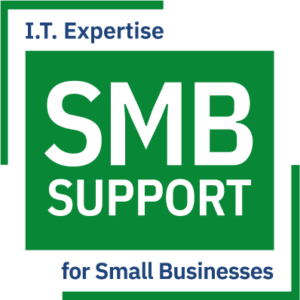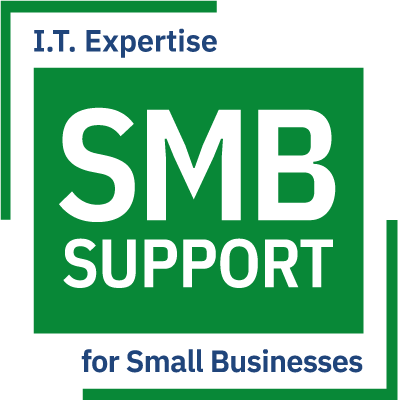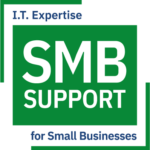60 Second Rundown…
- Most people use personal devices at work.
- Employees want their preferred applications and will work around company restrictions to download them.
- A Bring Your Own Device (BYOD) policy gives employees autonomy within set boundaries.
- Mobile Device Management (MDM) lets admins secure and monitor smartphones, tablets, and laptops.

The portability of today’s technology means most people bring their electronics everywhere they go. There is a big difference between having your smartphone at work for personal use and using a tablet or laptop to access the company’s secure network. When employees bring their own devices, the line between personal and professional become blurred. Unchecked, this blurring line can become a security risk. Small businesses can mitigate potential risks using Bring Your Own Device (BYOD) policies and Mobile Device Management (MDM) software.
Companies can also manage user devices by making sure employees only use a GUEST wifi system that is separate from the Business network. Many companies have this, and if not, a guest wifi system is usually simple to implement.
Shadow IT
The use of unapproved devices and software is called shadow IT. Although the name sounds devious, shadow IT is not all bad. Employees want to use specific applications because they are efficient at getting the job done. Some people may prefer Slack over email or Google Docs instead of the office server. And getting approval from the IT department for every app you download is a bottleneck to productivity. Unauthorized downloads may improve efficiency, but they also pose a security risk. Unsecured cloud-based file sharing may lead to leaks of sensitive data. Unauthorized downloads could carry malware. A middle ground lets users find the solutions that work best for them while the IT department maintains control over user data and permissions.
BYOD Policy
Let’s face it; people will use their personal devices at work, whether allowed to or not. So, it behooves small businesses to adopt a BYOD policy. BYOD provides flexibility, especially for those who travel or telecommute. It’s also more cost-effective for employees to use their electronics. Buying and maintaining company hardware and software costs thousands of dollars. It’s much cheaper to provide employees a stipend to supply their own machines. Plus, people prefer to use an operating system they are familiar with. A good BYOD policy gives employees autonomy while maintaining security.
MDM Solutions
An essential part of any BYOD policy is adopting an MDM solution. MDM software lets IT administrators monitor and secure smartphones, tablets, and laptops, across multiple operating systems. This type of software allows admins to configure user profiles and manage apps on mobile devices. Users can store corporate data separately from personal, reducing the risk of a data breach. A single solution that authenticates both BOYD and company-owned machines streamlines work for the IT department. MDM is not just for BYOD situations if you deploy Iphone apps or IPads; a company can manage, set policies and control through an MDM solution.
At SMB support, we routinely implement MDM for small businesses. Give us a call to learn how we can help keep your company secure—(908) 895-0273.


